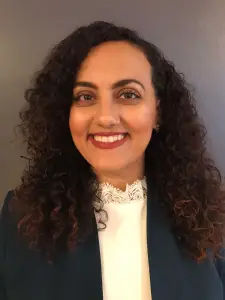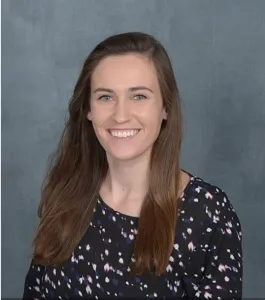Editorial Note:
This profile of Bruce Ravelli, PhD on teaching applied sociology is brought to you through a partnership between Applied Worldwide and the Canadian Sociological Association’s Applied Sociology Research Cluster. Thank you to CSA and all those who made valuable contributions to the Profiles in Applied & Clinical Sociology series.
This profile is presented as part of a larger project with the intentions of: 1) providing students with examples of applied sociology, 2) providing market value to sociological skills and services, and 3) promoting the work of individual sociological practitioners and organizations.
Bruce Ravelli, PhD
Bruce Ravelli earned a Ph.D. in Sociology after first earring both his B.A. and M.A. in Anthropology. Dr. Ravelli applies sociological research methods to assist community partners improve their services and better support their clients. He believes that
“sociology in practice happens as soon as a student (or colleague) leaves the comfort and security of the classroom and applies concepts, theories and methods to better understand the social world and commits to making it better.”
Bruce Ravelli, PhD
When we asked Dr. Ravelli how he established himself as an applied or clinical sociologist he told us he suspects he’s more of an “applied teaching sociologist” than a more “traditional applied or clinical sociologist.”
Read the full interview with Dr. Ravelli below.
Bruce Ravelli and Using Sociology in Practice

To begin, can you briefly describe the work you do as an applied or clinical sociologist?
My efforts to apply and promote sociology focus on my teaching, my writing and my online resources.
I love teaching first-year Introductory Sociology classes. In my lectures I try to always link the concepts and theories that we discuss and apply them to real-world situations. By linking theory to practice I show students that sociology not only “talks the talk” but “walks the walk.” For me, teaching is applied sociology. I also teach a fourth-year seminar in Community-Engaged Learning that pairs students with local non-profit agencies to undertake a project that the agency would not otherwise be able to do.
My writing is largely dedicated on updating and maintaining our textbook, Exploring Sociology: A Canadian Perspective, I co-author with Dr. Michelle Webber. We promote applied sociology throughout the text and in our online resources as well as collaborate with our Indigenous Council who are colleagues across Canada who review our work, but more importantly, include their own insights and perspectives so that students can hear indigenous voices first-hand.
My online resources promote the work of sociologists (www.makingsociologymatter.com) as well as provide a way for teachers to hear anonymous feedback from their students from the first day of class to the last (www.toofast.ca).
Lessons for Future Practitioners from Bruce Ravelli
What types of courses should undergraduate students take in preparation for a career in your type of practice?
Applied sociologists employ various theories, methodologies and statistical analyses to better understand the social world. In my opinion, beyond the core courses required by the particular program, students should take classes in any discipline that inspires and motivates them to learn more. My experience suggests that a positive and empowering undergraduate education is often less about the specific topic areas than it is about finding courses taught by engaged and passionate teachers.
What types of experiences should undergraduate students seek in preparation for a career in your type of practice?
As a rule, the more experiences a student has outside and beyond the college/university, the better. This is not to diminish the value of the undergraduate experience than it is about promoting the benefits of real-world community-engagement and how much you can learn from people who never come to campus.
How would you describe the daily life of an applied or clinical sociologist?
Working with, for, and beside community partners is unpredictable, non-linear and wonderfully inspiring.
What advice do you have for aspiring applied and clinical sociologists?
Remember that the work you do for your degree, your supervisor, your university are just parts of what is required to become an applied sociologist. The more personally rewarding work often occurs when you can transcend the structure of the Ivory Tower and begin to do the work you want to do.







